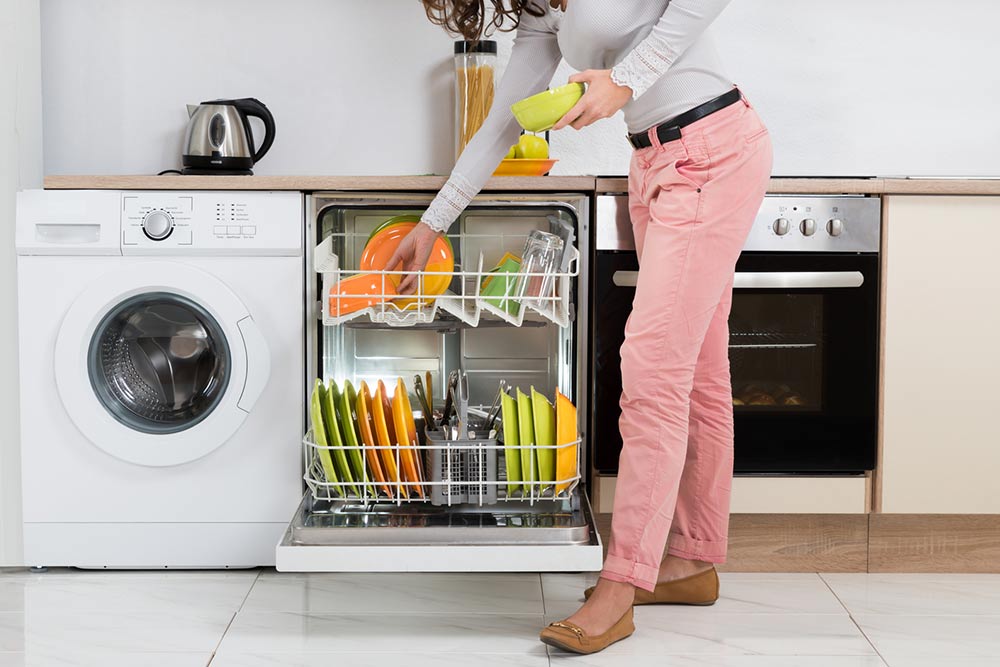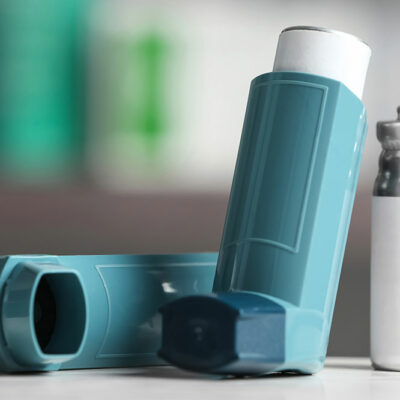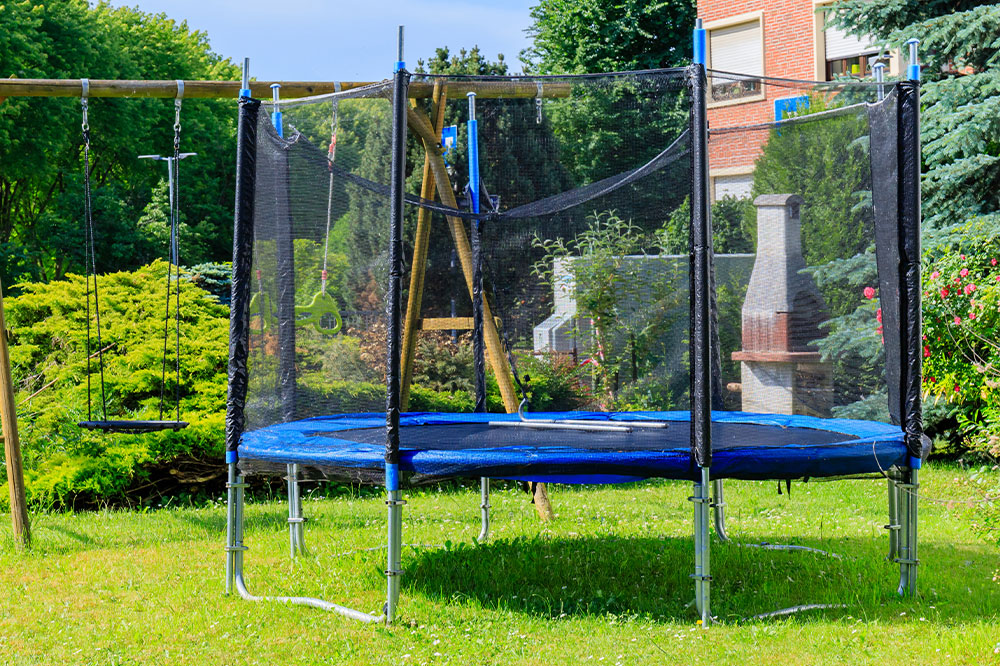Avoid these 7 mistakes while using dishwashers

Dishwashers are kitchen appliances that simplify the task of cleaning dishes by efficiently washing and sanitizing them. Besides the cleaning task, these appliances also keep one’s dishes organized. However, the effectiveness of a dishwasher primarily depends on proper usage. Not using it correctly could hamper its overall performance and even lead to wear and tear in a short period. Therefore, avoid the common mistakes listed below to boost the performance and longevity of one’s dishwasher.
Overcrowding the rack
While a dishwasher is designed to handle dishes easily, there is a limit on how many dishes can be placed during a cycle. Overcrowding the rack may affect the machine’s capacity to clean its contents thoroughly. Placing too many dishes on the appliance may lead to water and detergent getting trapped between tight spaces. It may result in uneven cleaning, with dishes coming out dirty. Therefore, one should space items to ensure the dishes are cleaned as expected.
Running partial loads
While overcrowding the dishwasher can harm the appliance, it is equally important to avoid running partial loads. Though this may effectively clean the dishes, the process consumes high quantities of water and energy. To avoid this, one should ensure they adequately fill the appliance and use it only when necessary. Some dishwashers may also come with half-load settings for fewer dishes.
Forgetting to pre-rinse
Though many modern dishwashers are designed to manage some amounts of food residue, users should ensure they pre-rinse their dishes before placing them inside the dishwasher. This is because larger chunks of food that remain on the dishes could clog the dishwasher’s filters, reduce water flow, and affect the washing process. To avoid this, one should quickly pre-rinse and scrape off any food residue from plates before placing them in the dishwasher to ensure the job gets done without complications.
Overlooking delicate items
Many individuals place delicate items in the dishwasher, such as crystal and fine china. One should remember that dishwashers spray high-pressured water and use strong detergents that may damage or shatter these items. As a workaround, people should wash delicate items gently with their hands to keep them clean and safe.
Adding too much detergent
The detergent helps clean dishes thoroughly. But add too much detergent, and things could go sideways. Adding more detergent than required may result in the formation of excessive foam in the appliance, which could hamper its performance and cause leakage outside. One should add detergent based on manufacturer guidelines to ensure the wash is effective and free from buildup.
Not cleaning the seal
The water and detergent circulating inside the dishwasher stay put because of a seal surrounding the door. However, many people may find water and other food slime creeping out of the sealed areas. It happens because grime and mold accumulate around the dishwasher’s door seal, compromising its effectiveness. One must ensure they periodically wipe the seal to prevent leaks and enhance the dishwasher’s durability.
Lack of maintenance
Like in the case of components inside most home appliances, the components of dishwashers may also wear out over time. Therefore, lack of maintenance would result in the machine facing damage easily and failing to clean dishes effectively. People who own dishwashers must maintain the appliance by inspecting parts regularly and replacing them if required. Furthermore, cleaning the dishwasher occasionally using a specialized cleaner will help prevent the buildup of minerals, remove odors, and keep the dishwasher’s components hygienic and fresh for dishes.
















